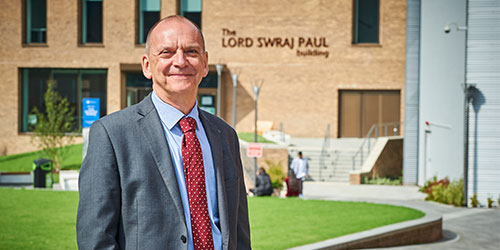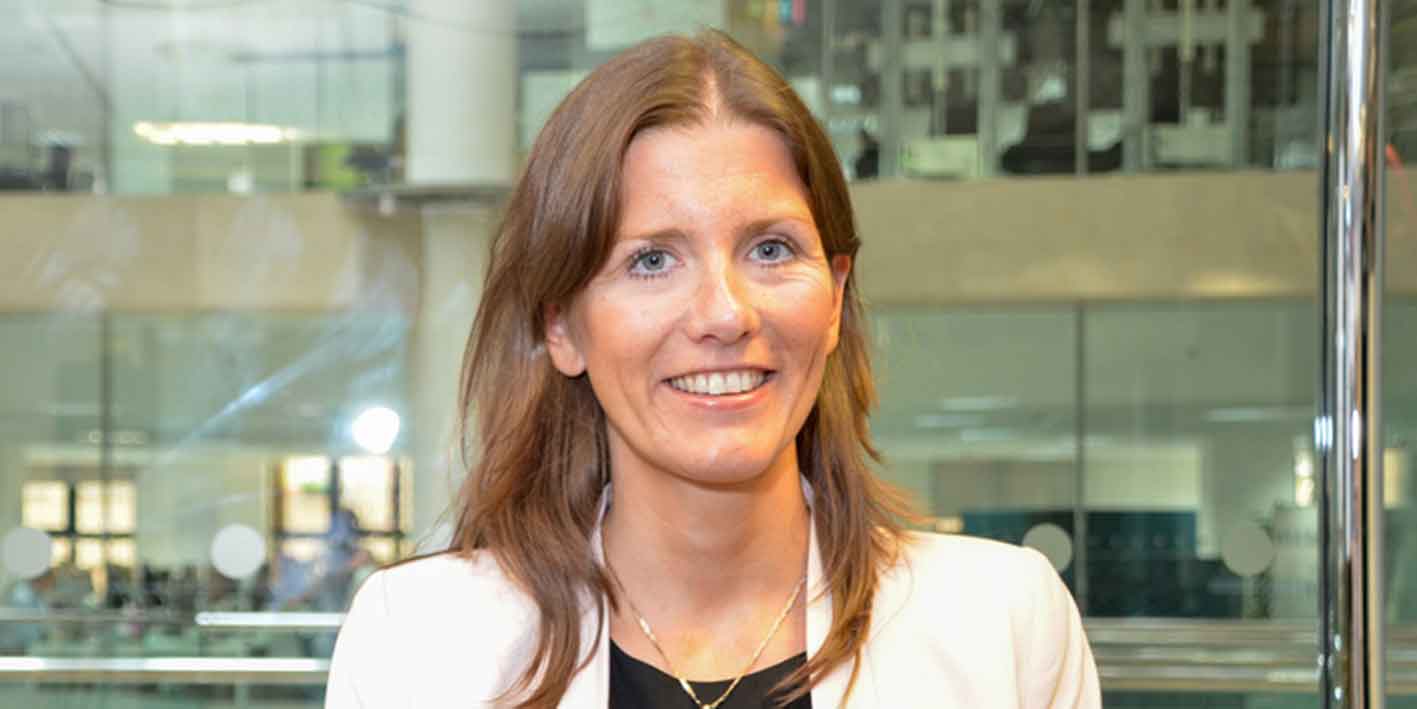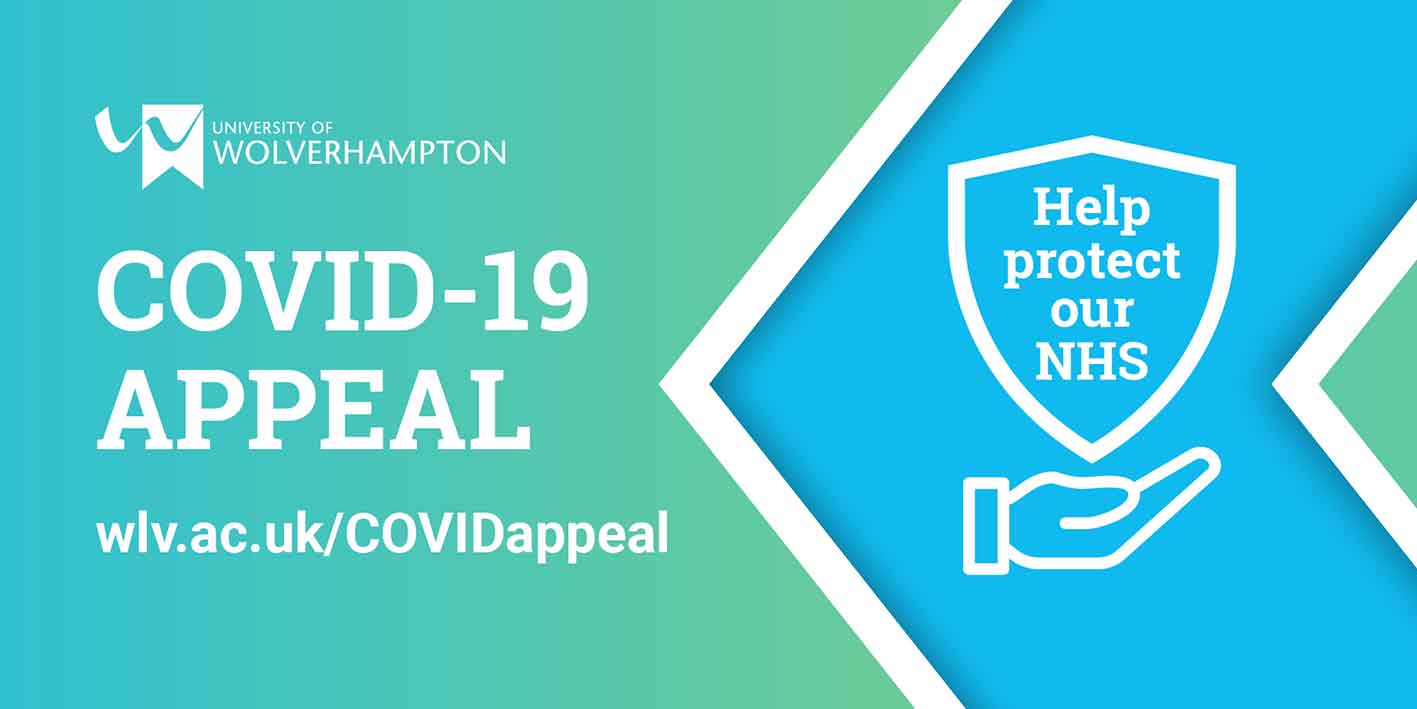
Letter to Students from Michelle Donelan MP: January 2021 return to teaching

Michelle Donelan MP Minister of State for Universities
31 December 2020
Letter available as PDF here: Letter to Students from Michelle Donelan MP on January 2021 Returns
Dear Student,
I hope you managed to have an enjoyable break with your family and loved ones.
You will be aware of the rising cases of coronavirus (COVID-19) across parts of England, early and concerning evidence on a new variant and the extension of Tier 4 restrictions to a number of regions of the country.
As a result of the new developments, we are unfortunately having to further restrict the number of courses that can return to in-person teaching as planned at the beginning of the spring term. This is not a decision we have taken lightly but it is a necessary step given the rate of transmission across England and it is proportionate to the other asks we have placed on all sectors to curb the spread of the virus, protect the NHS and save lives. However, I must stress that we remain confident that teaching and learning environments are COVID-secure for those who do return, but in this time of heightened risk of transmission, we are seeking to reduce numbers who travel at the beginning of term and to and from campus.
We are prioritising the return of a limited number of subjects, to those of you training for vital public sector roles in health and social care and education, as listed below. We ask that those of you who are not studying on these courses remain where you are wherever possible, and start your term online, as facilitated by your university. This includes some of you on other practical courses who we had previously said could return at the beginning of term as planned, and we recognise that this change will be particularly disappointing for you. This is unfortunately though, a necessary step given the rate of transmission across the country.
Throughout the pandemic we have seen universities develop innovative and dynamic online learning and whilst we all want to see a return to face to face teaching, it is very much the case that online does not have to mean inferior. The government remains clear that that the quality and quantity of taught hours must be maintained and that all learning must be accessible. Please also be rest assured that I am in the process of setting up meetings with the different Professional Statutory and Regulatory bodies so that we can work with them to ensure all courses lead to those vital qualifications.
For all students not in tranche one, we plan to allow a staggered return to university from the week commencing 25 January, at the earliest. As I am sure you will appreciate, the situation continues to evolve, and so the government will review this decision and provide further communication to your university in the week commencing 18 January. We will shortly be updating the Spring 2021 guidance to reflect this announcement.
Those of you studying in the following subject areas can return to in-person teaching in line with their planned start of term:
- Medicine & dentistry
- Subjects allied to medicine/health (see detailed list below)
- Veterinary science
- Education (initial teacher training)
- Social work
- Courses which require Professional, Statutory and Regulatory Body (PSRB) assessments and or mandatory activity which is scheduled for January and which cannot be rescheduled (your university will notify you if this applies to you).
While we strongly encourage you to remain where you are until your in-person teaching starts wherever possible, we have also asked universities to make provision to provide appropriate support and facilities to the following:
- International students who have remained in the UK and those who have arrived and do not have alternative accommodation
- Anyone without access to appropriate study spaces or facilities in their vacation accommodation. This also applies to commuter students who (if not in the first tranche) should only access university resources if they have inadequate study spaces or require additional support such as mental health provision
- Those of you who have remained in their university accommodation over the winter break, but we ask that you only utilise campus resources when you have to in order to reduce footfall on campus
- Those requiring additional support, including those with mental health issues
- Those of you on placements where the placement provider has COVID-secure measures in place, is permitted to open based on the relevant local restrictions, and is content for placements to continue
- Researchers and research students who require access to specialist facilities for their work. If research students can work from home, they are encouraged to do so
The university resources that will remain open for those in tranche one and the students who fall into the categories above include libraries, study spaces and performance areas. Performance areas have been included because students who have remained on campus – or who have already returned - may not have access to an instrument etc but this does not mean that all performance students should return to university – each of us must play our part to reduce the transmission of the virus. If students have already travelled back to university then they should remain on campus and not return home.
Testing will be available to all students on their return to university, and you should get tested as soon as you can when you return to campus or access university facilities. Testing everyone will be a key tool to reduce the risk of transmission and outbreaks of COVID-19 at the start of term. If you do not get tested when this is offered by your university, you should self-isolate for 10 days, to reduce the risk of transmission between home and university.
Our advice for international students travelling from overseas for the Spring term is to consider whether you, in fact, need to travel to the UK at this time, particularly if your course does not require you to be on campus from 4 January. Those students should consider delaying theirt travel plans if travel plans can be rearranged without undue costs. For those who do need to travel, international arrivals must complete a passenger locator form on arrival in the UK, and passengers travelling from a country not on the exemption (travel corridor) list will need to self-isolate in their accommodation for 10 days. Your university should advise you of the appropriate local testing facilities at your institution.
We recognise that in these exceptional circumstances some students may face financial hardship. We have worked with the Office for Students to clarify that providers are able to use existing funds, worth around £256 million for academic year 2020/21, towards hardship support. The Government is making available up to a further £20m on a one-off basis to support those that need it most, particularly disadvantaged students. The funding will be distributed by the Office for Students to universities, who will have flexibility in how they distribute the funding to students in a way that will best prioritise those in greatest need. The funding can be distributed to a wide population of students, including postgraduates (whether taught or research) and international students. You will be able to apply for this through the usual routes for your university hardship funding.
I would like to take this opportunity to thank you for your patience and cooperation with the measures we have put in place to keep you safe, enable you to continue your studies whilst at the same time managing the continuing risks that COVID-19 presents to us all.
Yours sincerely,
Michelle Donelan MP
Minister of State for Universities
Subjects and courses expected to offer in-person learning from 4 January 2021, taken from the Higher Education Classification of Subjects (HECoS, see https://www.hesa.ac.uk/innovation/hecos) Labels
|
dentistry |
anatomy |
biomedical engineering |
animal science |
|
medicine |
physiology |
cardiology |
veterinary pharmacy |
|
allergy
|
clinical physiology |
radiology |
applied social science |
|
endocrinology
|
cellular pathology |
diagnostic imaging
|
childhood studies |
|
epidemiology |
pathobiology |
biomechanics |
social care |
|
oncology
|
neurological rehabilitation |
rehabilitation studies
|
social work |
|
pre-clinical medicine
|
physiotherapy |
dental technology |
education studies |
|
pre-clinical dentistry
|
rehabilitation studies |
art psychotherapy
|
early years teaching |
|
anaesthesia |
podiatry |
music therapy |
higher education teaching |
|
clinical medicine |
pharmacology |
orthopaedics |
post compulsory education and training |
|
dermatology |
pharmacy |
paediatrics |
primary teaching |
|
Gastroenterology
|
toxicology |
occupational health |
professional practice in education |
|
obstetrics & gynaecology |
osteopathy
|
occupational therapy |
secondary |
|
orthopaedics
|
chiropractic |
paramedic science |
adult education teaching |
|
paediatrics |
nutrition |
diabetes |
specialist teaching |
|
ultrasound
|
dietetics |
health and social care |
special needs teaching |
|
clinical dentistry
|
ophthalmic dispensing |
health studies |
work-based learning |
|
alternative medicines & therapies |
ophthalmology
|
medical genetics |
policing |
|
complementary medicines & therapies |
optometry |
genetics |
|
|
health sciences |
orthoptics |
molecular genetics
|
|
|
healthcare sciences |
audiology |
medical biochemistry
|
|
|
medical sciences |
speech and language therapy |
veterinary medicine
|
|
|
natural sciences |
midwifery |
veterinary dentistry
|
|
|
nursing (all HECoS Labels) |
bioengineering |
veterinary epidemiology |
|
|
human biology |
biomaterials |
veterinary nursing
|
|
For more information please contact the Corporate Communications Team.


/prod01/wlvacuk/media/departments/digital-content-and-communications/images-2024/240328-Varsity-Line-Up-Resized.jpg)
/prod01/wlvacuk/media/departments/digital-content-and-communications/images-18-19/220325-Engineers_teach_thumbail.jpg)
/prod01/wlvacuk/media/departments/digital-content-and-communications/images-2024/240515-Spencer-Jones-Award-Resized.jpg)
/prod01/wlvacuk/media/departments/digital-content-and-communications/images-2024/240320-Uzbekistan-Resized.jpg)
/prod01/wlvacuk/media/departments/digital-content-and-communications/images-2024/240229-The-Link-Resized.jpg)
/prod01/wlvacuk/media/departments/digital-content-and-communications/images-2024/240516-Andy-Gibson-Resized.jpg)

